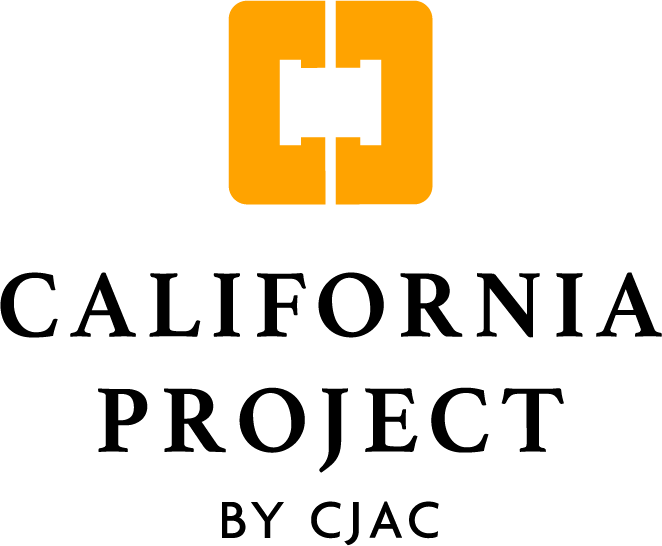Policy Areas
ADA
Important state and federal disability laws are in place to ensure individuals with disabilities have access to places of public accommodation. Unfortunately, a cottage industry of plaintiffs’ attorneys abuse these laws to enrich themselves rather than advance disability access.
These plaintiffs’ attorneys issue threatening demand letters or file shakedown lawsuits, primarily aimed at small and vulnerable businesses. The goal — to extract settlements from businesses who may have done nothing wrong but can’t afford to go through expensive litigation.
Arbitration
Arbitration allows businesses, consumers and employees an alternative means of dispute resolution, where parties agree to resolve their differences in front of a neutral and unbiased arbitrator rather than going through a lengthy and costly lawsuit in the courts. A recent study from the U.S. Chamber Institute for Legal Reform found that:
Class Actions
Class actions are a means for numerous plaintiffs with similar claims to bring a single lawsuit. Both California state and federal courts are magnets for class action lawsuits.
At the state level, California does not provide state judges with enough tools and guidelines to stop frivolous class action lawsuit from going forward. At the federal level, California federal courts are also more lax than other jurisdictions.
COVID-19 Liability
The COVID-19 pandemic has created unprecedented liability exposure issues for California businesses and employers. In particular, for essential businesses who have stepped up to provide services, goods, and facilities during the crisis, there is mounting concern about the threat of frivolous litigation alleging these businesses are responsible for coronavirus exposure.
Civil Liability Damages
California’s runaway damages awards are a big contributor to its hostile legal climate. Every year, California policymakers propose further expansions of non-economic damages like punitive and pain and suffering damages and creation of new statutory damages under a variety of laws. Count on CJAC to fight aggressively to oppose these proposals.
Labor and Employment
California’s Labor Code and Fair Employment and Housing Act provide some of the most expansive and protective workplace laws in the country. Nevertheless, the California Legislature, every year, introduces numerous proposals to further expand these laws and add obligations and penalties on employers.
Lawsuit Investing
Lawsuit investing, also known as third party litigation funding (TPLF), is a multibillion-dollar global industry where entities like hedge funds who are not a party to a lawsuit invest money in the suit in exchange for a cut of the award or settlement. They select lawsuits where the odds of prevailing look good, essentially gambling in our civil courts.
Lemon Law
To protect consumers, the Song Beverly and Tanner Acts (aka Lemon Law) were enacted to require that manufacturers repurchase or replace vehicles with serious auto defects expeditiously.
When first enacted, the legislature required that the manufacturer pay the reasonable attorney’s fees of the consumer. In recent years, a cottage industry of plaintiff’s firms have begun to exploit this provision increasingly by delaying case resolution to run up excessive attorneys’ fees and collect larger shares of awards.
PAGA
California’s Private Attorney General Act (“PAGA”) (Labor Code Sections 2698-2699.5) is often referred to by employers as the “sue your boss law.” PAGA allows aggrieved employees to seek civil penalties on behalf of the State of California and other aggrieved employees for violations of the California Labor Code. PAGA was intended to improve workplace protections for employees’ rights and safety.
Privacy
The California Consumer Privacy Act (CCPA) (Cal. Civil Code §§1798.100 et. seq.) was enacted in 2018 and took effect on January 1, 2020. California was the first state to enact landmark privacy legislation of this scale, granting new privacy rights to California consumers with respect to collection and handling of their personal information by businesses. The CCPA requires the California Attorney General to issue regulations by July 1, 2020 and enforce the Act no earlier than that date.
- CJAC Comments CCPA Revised Regulations 3-27-20
- CJAC Comments CCPA Revised Regulations 2-25-20
- CJAC Comments CCPA Regulations 12-6-19
- CJAC Letter to Mactaggart on CPRA
- CJAC Proposed Title and Summary to the Attorney General
- CJAC Letter re California Privacy Protection Agency Board Appointments 3-5-21
- CJAC Comments CCPA Revised Regulations 12-28-20
- CJAC Letter re CCPA FAQ on global privacy controls 8-13-21
- CJAC Comments CCPA Regulations Submitted on 11-8-21
- Read more
Private Rights of Action
Private rights of action (PRAs) are a specific type of lawsuit. PRAs give private individuals the right to sue to enforce a civil law normally enforced by the government. Some examples of California Laws with PRAs include:
Prop 65
Proposition 65 is a “right-to-know” law that requires businesses to provide warnings before exposing individuals in California to approximately 900 dangerous chemicals. The proposition was intended to improve public health, however, the biggest impact of this law has been to impose massive burdens on businesses without showing any real appreciable improvement in Californian’s health.

